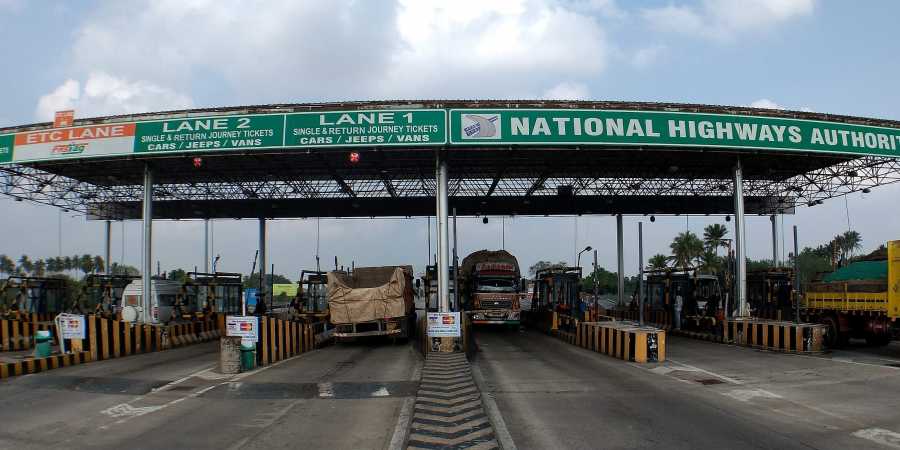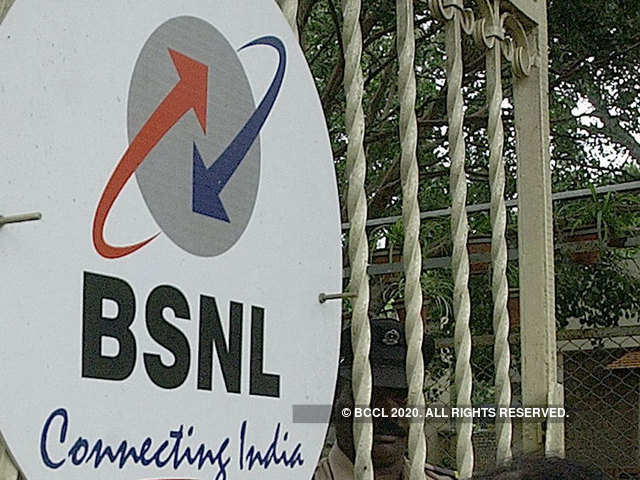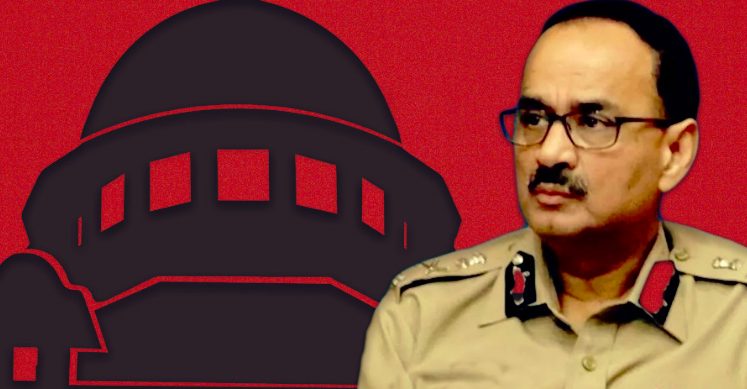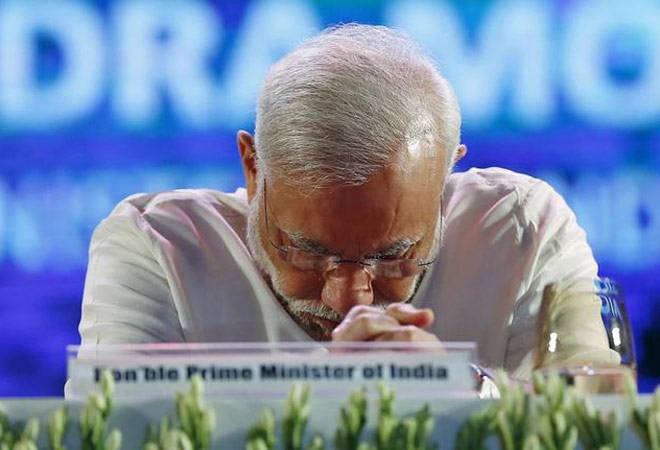[splco_heading size=”15″ align=”left” margin=”30″]According to Crisil Research Highway developers and toll operators to incur toll revenue losses of about Rs 3,700 crore during March-June this year, while NHAI will lose alone Rs 2,200 crore in toll fee,said on Thursday. [/splco_heading]
However, it said that the road and highways sector would rebound faster despite sharp losses this quarter.
“On its part, the roads and highways sector will see developers/ toll operators incurring toll revenue losses of Rs 3,450-3,700 crore during March-June, the estimate suggests.
The National Highways Authority of India (NHAI) will lose Rs 2,100-2,200 crore in toll over this period,” Crisil Infrastructure Advisory said during a tele-conference on “Impact of the Pandemic on the Transport Sector and Mitigants thereof”.
It said the extended lockdown to contain the COVID-19 pandemic, which has stalled traffic on the ground as in the air, is expected to heap enormous losses on infrastructure industries but roads and highways would rebound faster despite sharp losses this quarter.
The agency said NHAI had planned to raise Rs 80,000-85,000 crore through fiscal 2025 by monetising 6,000 km of operational public-funded toll roads.
“This asset monetisation programme through toll-operate-transfer and infrastructure investment trusts will likely take a hit,” Crisil said.
In addition to the loss in toll revenue, stakeholders will suffer losses on account of accrued interest, increase in costs of under-construction projects, time overruns, and rise in disputes between private sector and the government authorities.
“Tolling operations resumed on April 20 and construction on select projects has also restarted.
Going forward, the ramp-up in traffic, availability of labour and raw materials for construction, and expeditious dispute resolution will be the key monitorables.
Akshay Purkayastha, Director, Transport & Logistics, Crisil Infrastructure Advisory, said. “In addition, road authorities such as the NHAI will have to step up initiatives beyond conventional avenues such as development of way-side amenities and formation of special purpose vehicles/ joint ventures for both, financing and revenues,”









